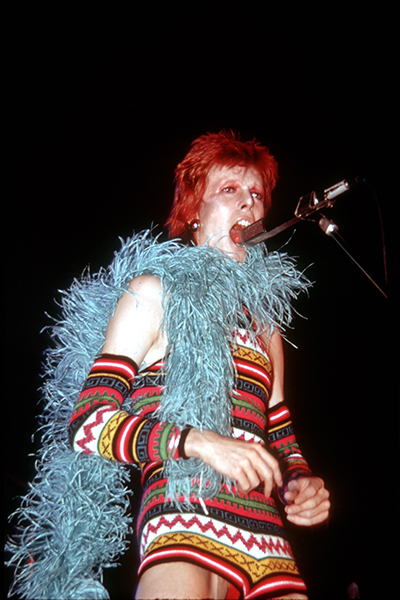The Controversy Surrounding the Banned PETA Ad: A Deep Dive into Animal Rights Advocacy
#### IntroductionThe banned PETA ad has sparked significant debate and discussion in both media and public circles. PETA, or People for the Ethical Treatmen……
#### Introduction
The banned PETA ad has sparked significant debate and discussion in both media and public circles. PETA, or People for the Ethical Treatment of Animals, is an organization known for its provocative campaigns aimed at raising awareness about animal rights and welfare. However, not all of their advertisements are met with open arms; some have been outright banned due to their content, which can be seen as controversial or offensive.
#### The Nature of the Banned PETA Ad
The banned PETA ad in question often features shocking imagery or messages that challenge societal norms regarding the treatment of animals. These ads are designed to provoke a strong emotional response, urging viewers to reconsider their choices and behaviors towards animals. While PETA's intention is to draw attention to important issues, the execution of these ads can sometimes lead to backlash, resulting in them being banned from various platforms or locations.

#### Reasons for Banning
There are several reasons why the banned PETA ad may be removed or prohibited. Firstly, the content could be considered too graphic or disturbing for general audiences. For example, an ad depicting the harsh realities of factory farming might be deemed inappropriate for public display. Secondly, the portrayal of certain themes can be seen as insensitive, especially if they touch on topics like violence or suffering in a way that some viewers find offensive. Lastly, advertising regulations in certain regions might restrict the use of specific imagery or language that is deemed inappropriate.
#### Public Reaction

The public's reaction to the banned PETA ad is often polarized. Supporters of PETA argue that the organization is doing vital work to raise awareness about animal rights, and that the shock value of their ads is necessary to provoke thought and change. On the other hand, critics claim that such advertisements can desensitize viewers to real issues or even trivialize the suffering of animals. This division of opinion highlights the complexities of advocacy work, especially when it involves challenging deeply ingrained societal norms.
#### The Impact of Social Media
In today’s digital age, the banned PETA ad can quickly gain traction on social media platforms, even if it is banned from traditional advertising channels. Users may share the ad, discuss its implications, and generate dialogue around the issues it raises. This can lead to increased visibility for PETA’s cause, even if the ad itself was removed from public view. The viral nature of social media can amplify the intended message, reaching audiences who might not have engaged with the content otherwise.

#### Conclusion
The banned PETA ad serves as a fascinating case study in the realm of animal rights advocacy and advertising ethics. It raises important questions about the balance between shock value and sensitivity, the effectiveness of provocative messaging, and the role of social media in shaping public discourse. As discussions around animal rights continue to evolve, the impact of such advertisements will likely remain a topic of interest and debate. Advocates for animal welfare must navigate these complexities as they strive to promote change and awareness in a world that often turns a blind eye to the suffering of animals.